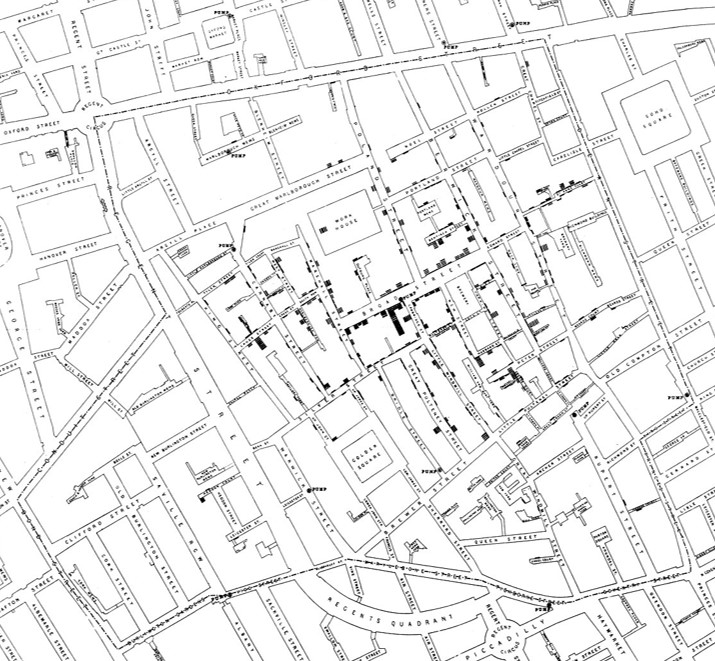This course will provide an introduction to quantitative methods in use in modern environmental and resource economics. Emphasis will be placed on the practical use of empirical tools. This applied focus will be complemented by the investigation of assumptions and proofs that can improve the understanding of empirical results. Students will apply the methods taught using statistical/econometric software and data documenting some topical public policy questions. These applications will take place in ten seminars of one hour each. During the seminars the students will gain understanding of the statistical programming language R. Throughout the course, examples from relevant and topical empirical papers published in the area of applied econometrics and environmental economics will be critically discussed. The module will focus on linear regression methods, with an emphasis on their use for causal inference. The first part of the course will cover the standard linear regression model, its assumptions, violations and testing procedures. Functional forms and non-linear models will also be discussed. The latter part of the course will cover a range of important estimation approaches, including fixed effects with panel data, difference-in-differences, instrumental variables and regression discontinuity designs. The course will conclude with a more general discussion of how these tools can be used in research and policy analysis.

GY428 - Applied Quantitative Methods
This course will provide an introduction to quantitative methods in use in modern environmental and resource economics. Emphasis will be placed on the practical use of empirical tools. This applied...